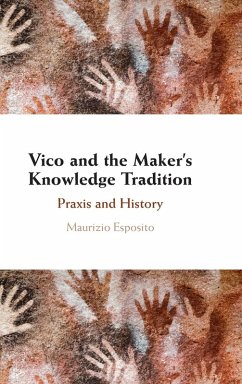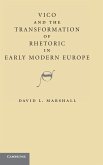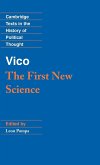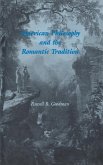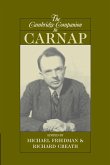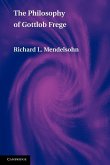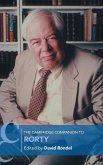Published in 1710, Giambattista Vico's groundbreaking On the Most Ancient Wisdom of the Italians argued, against Descartes, that knowledge is more about making and producing than speculating and theorising. Historicised activities precede any kind of ethereal abstraction. Maurizio Esposito situates Vico's epistemology of praxis within the longstanding tradition of the maker's knowledge perspective and shows how Vico transformed the ancient idea that knowledge is a form of making into a humanist and existential principle. Humans do not merely fabricate tools and transform nature; they also create symbolic spaces in which different forms of thinking and understanding evolve. Esposito explores the possibility that Vico envisioned a non-Cartesian version of modernity, where praxis, rather than reason, drives human history. This alternative modernity has directly or indirectly influenced some of the most significant philosophical traditions of the past two centuries and is more relevant today than ever.
Bitte wählen Sie Ihr Anliegen aus.
Rechnungen
Retourenschein anfordern
Bestellstatus
Storno

